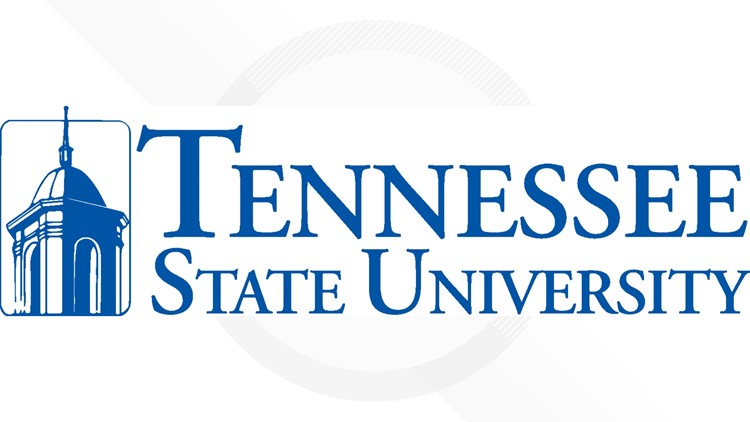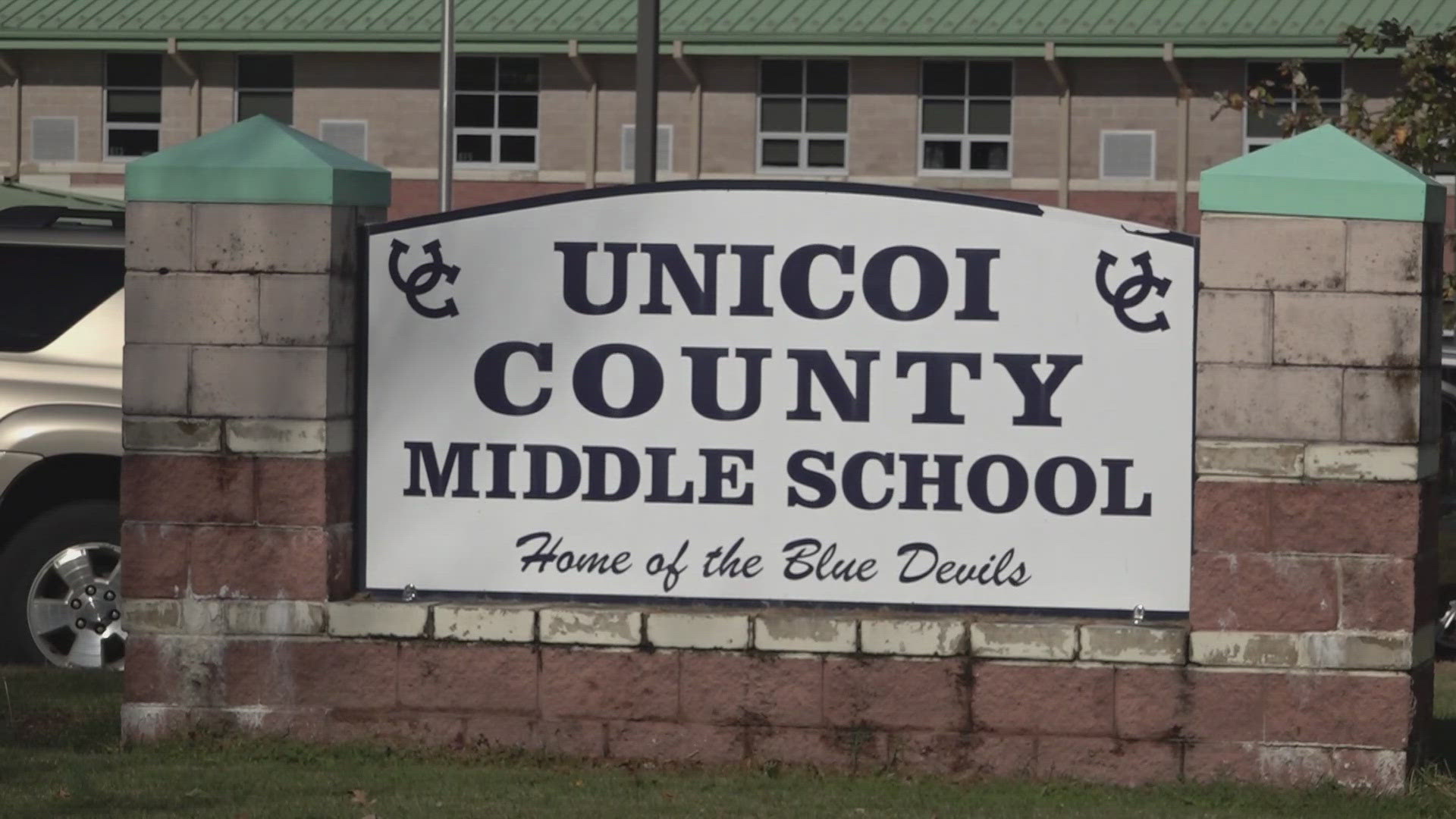NASHVILLE, Tenn. — Tennessee State University announced Monday it has received $250 million in funding from the state to be used on major infrastructure projects.
However, university officials said none of that money will go towards housing at the university which has had housing issues. There is a reason the money will just be for infrastructure projects.
State Rep. Harold Love Jr. (D-Nashville), said that money is the single largest one-time investment in a Historically Black College and University in the country.
Officials said the $250 million will go towards sprucing up six buildings on campus: the Boswell building, Davies Humanities Building, Elliot Hall, McCord Hall, Jackson Hall and Harold Love Sr. Building.
“These were just six of the more challenging buildings that we have,” said Curtis Johnson, the TSU Associate Vice President for Administration.
“We understand that if we are to provide a high-quality education you have to provide facilities that are state of the art,” Love said.
“We’re all so proud of this and the fact that we went after this money that we shouldn’t have had to go after,” said state Sen. Heidi Campbell (D-Nashville).
The infrastructure project is exciting news for some students on campus.
“The building I’m most excited about with this money that’s being spent is the Davies Humanity Building because, for one, we do use that building a lot,” one TSU student said.
The infrastructure project would include fixing things like roofs, doors and windows for the six buildings, some of which administrators said are 50-year-old buildings.
“We’re going to waterproof it. We’re going to do some seal, window and door replacement,” Johnson said about some of the work that would be done on the Boswell Building. “Many of our doors are old and so, in turn, they create challenges one of closing. Being able to stay closed while the HVAC is running being able to secure the doors for safety reason.”
WSMV4, a sister station of WBIR's in Nashville, asked if the money would be used to invest in making the campus housing situation better.
“That particular pot of money does not fund auxiliary, and housing is considered auxiliary, which means labor has to pay its own way,” said Frank Stevenson, TSU Associate Vice President for Student Affairs and Dean of Students. “We have a project now that will create 1,000 new beds on campus and we’re trying to move that as quickly as possible. We’re trying to get on the calendar for the State Building Commission. As soon as we get on that calendar, hopefully in the next month or so, we’ll move forward and expedite that project.”
TSU President Dr. Glenda Glover said during what she described as the HBCU Renaissance, she said it’s a national concern dealing with how to house students.
“Because students are choosing to return to HBCUs, that’s a fact, and in so doing there’s not enough space for students on campus,” Glover said. “We’re working through this amazing phenomenon we’re experiencing. So while we can’t guarantee housing for every student, we can definitely assist students in attaining housing. Trying to locate off-campus housing, we’ve put together some alternative housing for students.”
“It’s very expensive to live in the city and we’re finding a lot of students who need to be here, a lot of upperclassmen who needed to move back on campus,” Stevenson said. “It means we have to push the fast-forward button and get the housing as quickly as we can.”
WSMV4 asked university officials if and how state legislators can help the university with its housing issues.
“They are assisting us,” Glover said.
“The biggest way the state legislators can help us is they expediting the process,” Stevenson said. “So, what normally would take five years to get a building up, maybe we can get that done in two years.”
“I’m never going to get to the point that it’s a bad thing that student wants to come to college, and they want to come here and want to learn,” Glover said.
The 1,000-bed housing project still has to be approved and could take a couple of years to do so.
Officials said the $250 million infrastructure project is a multi-year project, but some work has already begun.



